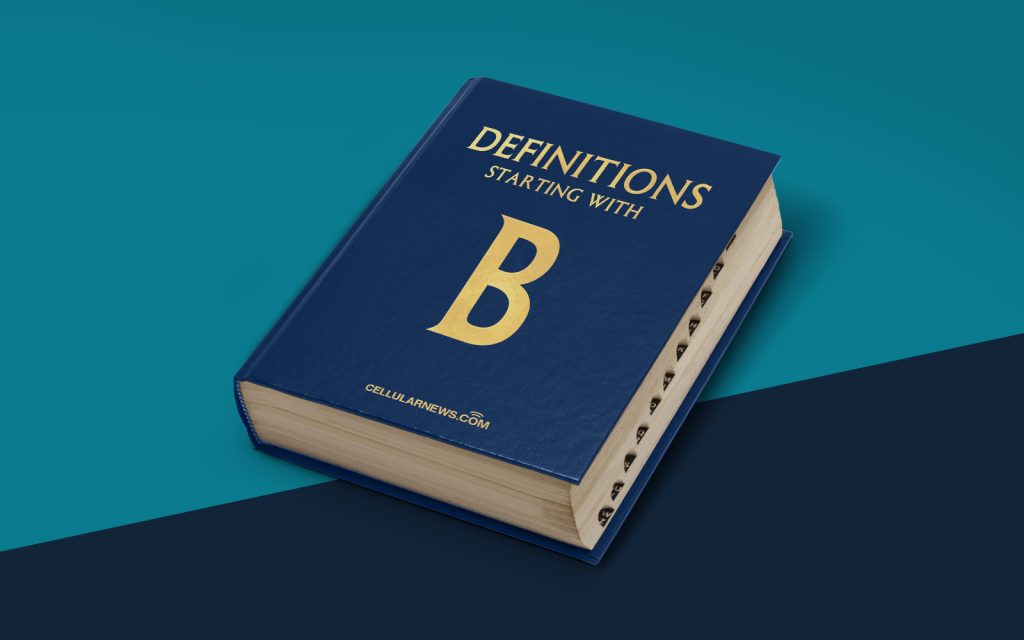
Understanding the Definition of a Business Transaction
Welcome to the world of business transactions! In this blog post, we will delve into the intricacies of what a business transaction truly means. Whether you are an aspiring entrepreneur, a seasoned business professional, or simply someone who wants to broaden their knowledge, this article will serve as a comprehensive guide to understanding the fundamentals of business transactions.
Key Takeaways:
- A business transaction is a mutually beneficial exchange of goods, services, or money between two or more parties.
- It is essential for businesses to accurately record and document their transactions for financial and legal purposes.
Now, let’s dive deeper and uncover the essence of a business transaction.
In simple terms, a business transaction is the process of exchanging goods, services, or money between two or more parties with the intention of benefiting both sides. These transactions occur in various forms and are the foundation of any business activity. Whether it’s buying a product from a store, offering a service to a client, or acquiring an investment, business transactions facilitate the flow of commerce.
A business transaction can involve tangible goods, such as physical products, or intangible services, such as consulting or professional advice. It can also involve the exchange of money, whether it’s a purchase, a payment, or a financial transaction. These exchanges can occur between businesses (B2B), between businesses and consumers (B2C), or even between individuals (C2C).
Business transactions are crucial for the success of any organization, as they not only drive revenue but also establish relationships between parties involved. By conducting business transactions, companies can establish trust, build a loyal customer base, and ensure the smooth operation of their business processes.
Recording and Documenting Business Transactions
In order to maintain the financial health and legal compliance of a business, it is essential to accurately record and document all business transactions. Recording transactions helps track the flow of money, allows for the preparation of financial statements, and provides vital information for tax reporting purposes.
Here are some common methods and tools used to record and document business transactions:
- Accounting Software: Utilizing specialized accounting software, such as QuickBooks or Xero, can simplify the process of recording and tracking transactions.
- Invoices and Receipts: Issuing invoices and retaining receipts for purchases and sales provides evidence of the business transaction.
- Bank Statements: Regularly reviewing bank statements helps reconcile transactions and identify any discrepancies.
- General Ledger: Maintaining a general ledger helps track and classify transactions, allowing for accurate financial reporting.
By diligently recording and documenting business transactions, companies can ensure financial transparency, facilitate audits, and minimize the risk of errors or fraud.
Conclusion
Business transactions are the lifeblood of commerce, representing the intricate network of exchanges that drive economic growth. Whether it’s a sale, a purchase, or a financial transfer, every business transaction plays a vital role in shaping the success and sustainability of an organization. By understanding the definition of a business transaction and effectively recording and documenting them, businesses can cultivate a solid foundation to thrive and prosper in today’s competitive marketplace.
